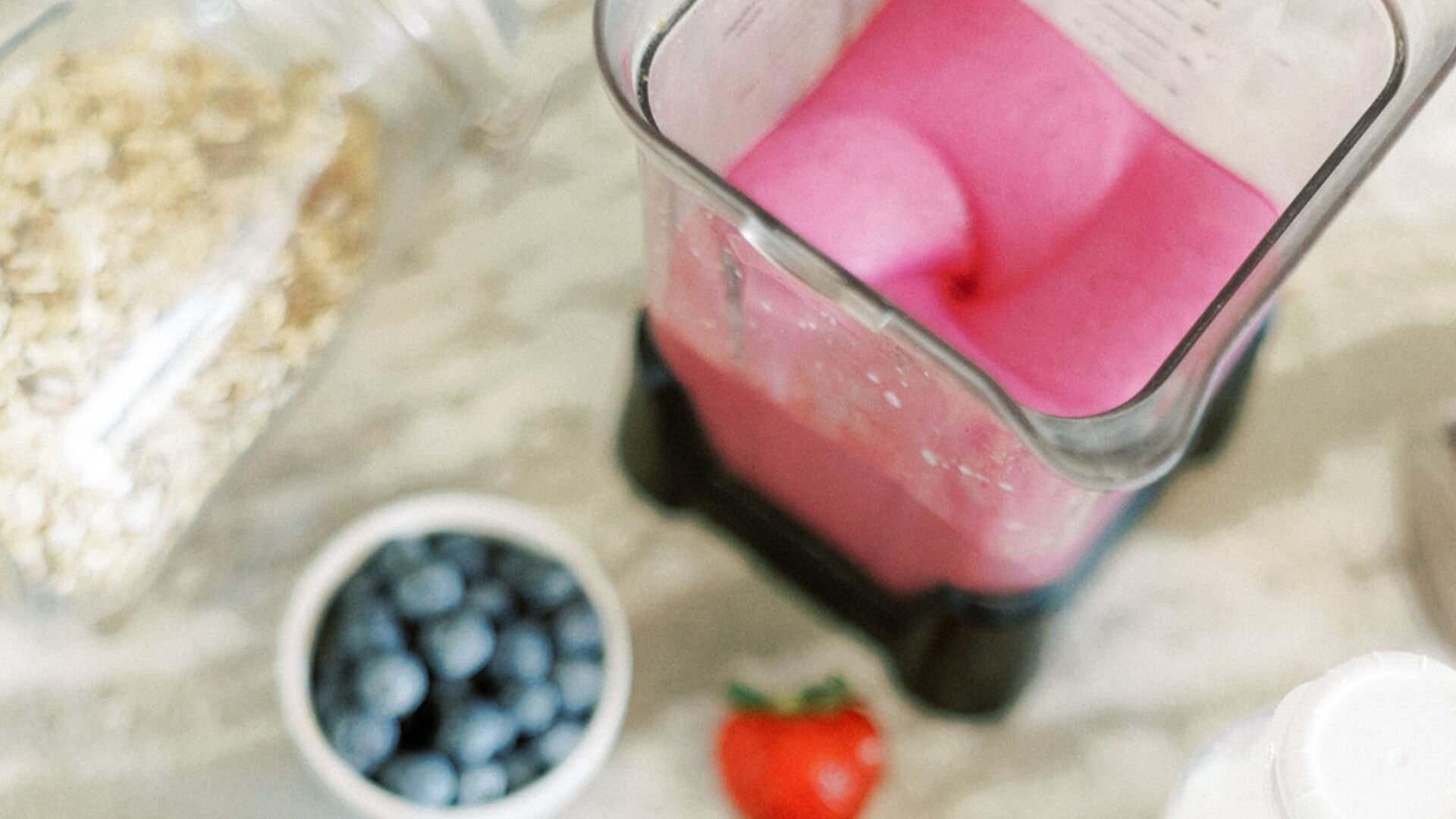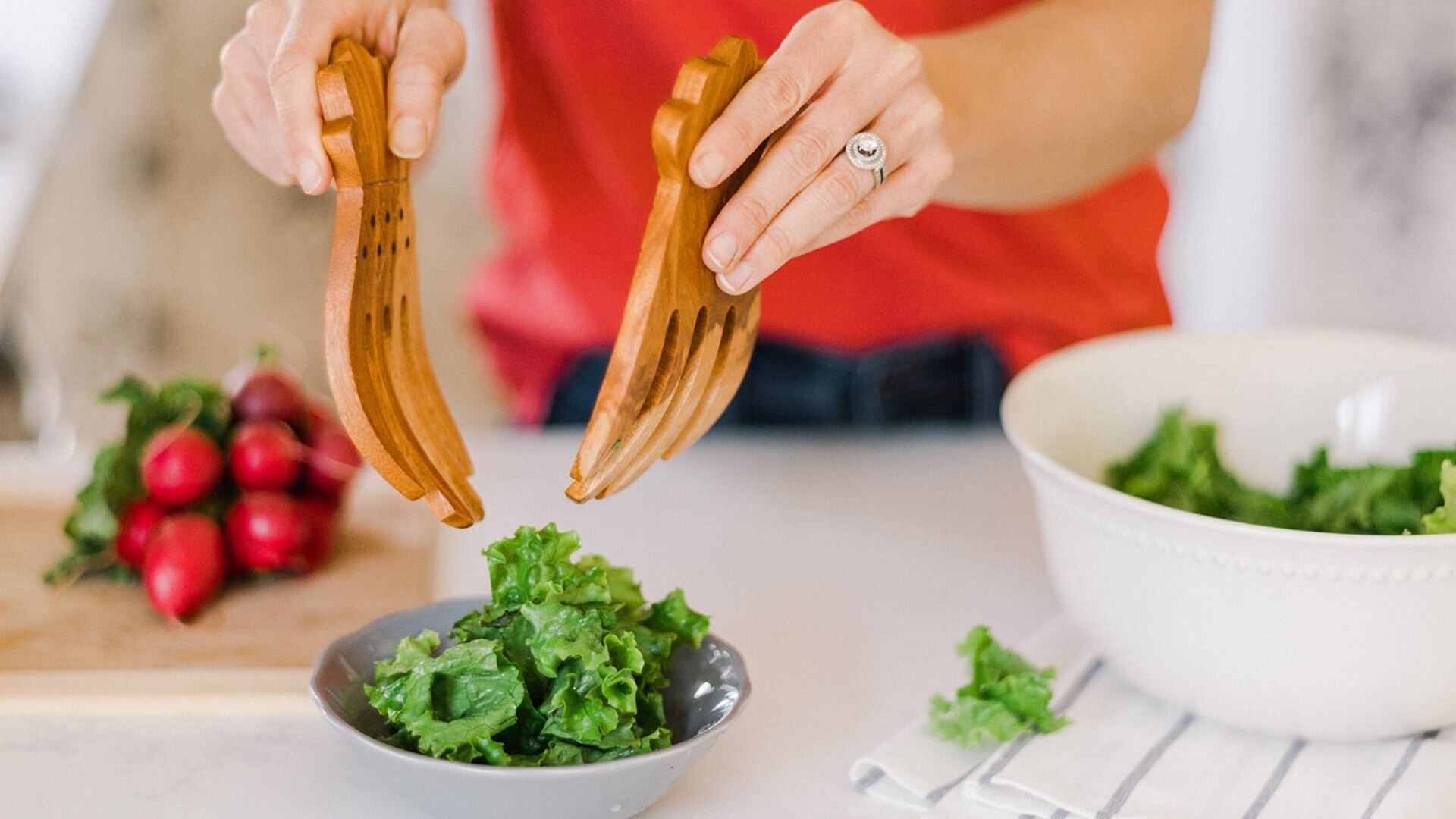7 Ways to Overcome Your Digestive Issues
If you suffer from digestive issues like bloating, gas, upset stomach, heartburn, and any of those conditions’ first cousins, you know it can become painful and sometimes embarrassing. If they happen frequently, they can also cause some major interruptions in your 9-5.
While some people opt for medications, not everyone likes to pop a pill every time they have a digestive issue. While it may be necessary for some people, other people can find relief in simple lifestyle and diet changes.
If you’re tired of having digestive issues more often than not, here are seven ways you can ditch them at the door.
1. Eat better foods
You’ve heard the saying, “you are what you eat”. Well, you can also feel like what you eat if all you eat is junk. Foods high in saturated fats, as well as food additives and refined carbs, have been linked to people having more digestive problems. Processed foods and artificial sweeteners are also known to cause digestive issues.
Limiting processed foods and having a cleaner, healthier diet, can help your stomach calm down. Look for whole foods and those that are low in fat and unnecessary additives. After making the switch, be sure you are consistent so that you can begin to feel the difference.
2. Consume fiber
If you’re having digestive problems, fiber can become your new best friend. Fiber aids digestion. Whether it’s insoluble fiber or soluble fiber, it’s all good when it comes to your stomach. Insoluble fiber keeps everything moving in your gut while soluble fiber absorbs water and can help when it comes to having better bowel movements.
Soluble fiber can be found in nuts, seeds, and oat bran while insoluble fiber is found in whole grains and vegetables.
Click here to learn more about the benefits of fiber.
3. Drink water
When you’re having digestive issues, drink more water. People who don’t drink enough water are more likely to suffer from constipation.
So, how much water should you be drinking?
The recommended water consumption can vary based on age, weight, sex, activity level, and the climate you live in. But if you need a general guide to follow, women should drink 90 ounces (11 cups) of fluids per day and men should drink 125 ounces (16 cups) per day.
But if you want to know exactly how much you should be consuming, then check out my Daily Water Intake Calculator. You can click here to calculate your exact daily needs.
4. De-stress your life
Stress can wreak all kinds of havoc on your body including doing a number on your digestive system. It has been linked to stomach ulcers, constipation, and other health issues.
When your body is stressed, it is so busy trying to handle that, that your digestive system suffers because you don’t have time to rest. Meditating, doing yoga, and deep breathing exercises can all help you to destress.
5. Get moving
Exercise is one of the best ways you can help your digestive system. It gets things moving and can help with constipation and other stomach issues. Studies have found that even just walking for a half-hour every day can help with problems like constipation.
6. Quit smoking
If you’re having digestive problems and you smoke, you may want to consider quitting. Smoking is known to turn up the heat on acid reflux. Smoking has also been linked to stomach ulcers. So, kicking the habit could be better for you in more ways than one.
7. Consume probiotics
Probiotics can help when you have tummy troubles. They help to restore the natural balance of bacteria in your digestive system. While you could take a supplement, you can also look for probiotics in the food you eat. Yogurt, pickled vegetables, and sauerkraut are a few foods that contain probiotics.
The take-away
When it comes to winning the battle with your digestive system, you can try one or all seven of these options. If you’ve tried them all and you’re still not feeling one-hundred percent, talk to your doctor. There may be some underlying condition that is causing you discomfort. You want to get to the bottom of it so that you don’t have to deal with digestive issues forever.





